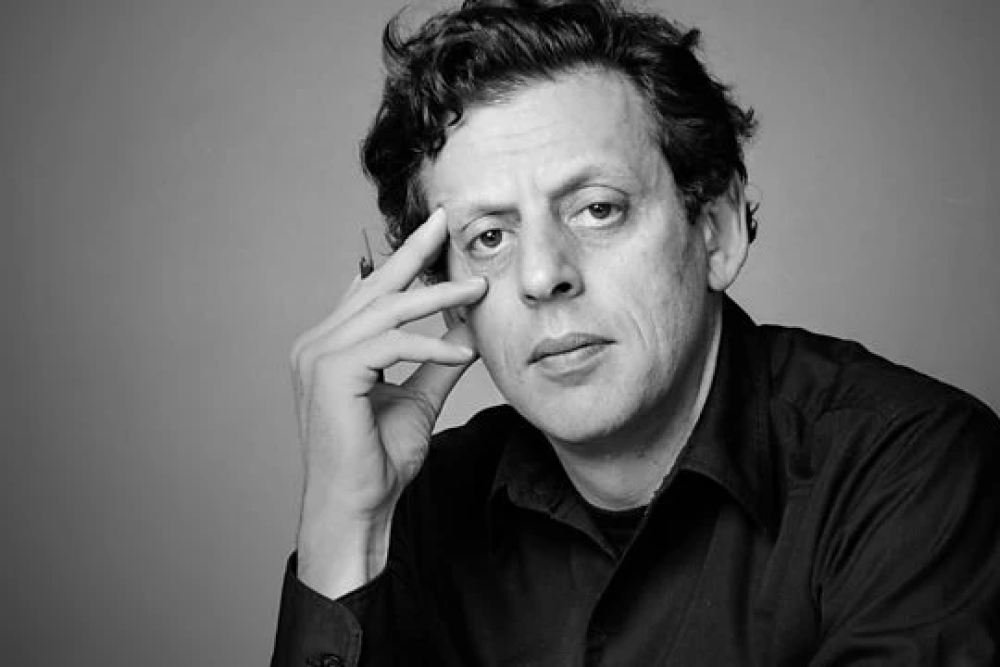
Philip Glass is widely regarded as one of the most influential composers of the late 20th century. Like many musical geniuses, Glass showed early talent on the violin and flute, arriving at the University of Chicago when he was only 15. Lacking a music school and employing just one music teacher, the university nonetheless set Glass on a path that would influence performance and composition for decades after.
Born in Baltimore in 1937, Glass attended the Juilliard School following graduation, before moving to Europe to study with the near mythical teacher, Nadia Boulanger. Upon his return to New York in 1967, he began to develop his own style of music, which was later dubbed "minimalism." But there was nothing “minimalist” about his following output. In the next three decades, Glass composed more than 25 operas, a dozen symphonies, 13 concertos, and numerous soundtracks to films. With a broad fan base that includes both rock and classical enthusiasts, his most notable works are 'Einstein on the Beach,' 'The Hours,' and 'Notes on a Scandal.' Among his many awards and honors are three Academy Award nominations for musical scores a National Medal of Arts, presented in 2016 by President Barack Obama. At the ceremony, President Obama described Glass as “one of the most prolific, inventive, and influential artists of our time."
Ahead of the curve in many ways, Glass entered an accelerated college program when he arrived in Chicago, knowing that he wanted to be a professional musician. When he learned that a music program did not exist, he chose to make the most of his undergraduate years by focusing his classroom studies on mathematics and philosophy. Meanwhile, outside of the classroom, he found true inspiration in the local jazz bars – along with various affordable halls for concert music. Recalling that "everyone came through" the area in those days, Glass was exposed to a wide range of musicians, from jazz singer Billie Holiday, to jazz pianist Bud Powell, to the esteemed conductor Fritz Reiner. In 1956, Glass graduated with a Bachelor of Arts in mathematics and philosophy.
In 2016, six decades after graduating from the University of Chicago, the celebrated composer returned to his college roots for a three-day residency as a Presidential Arts Fellow, which culminated in a sprawling performance of his complete piano études at Mandel Hal. During his residency, Glass held a master class in musical composition and shared his knowledge while students workshopped their pieces. Afterwards, Glass spoke about his campus visit during a public conversation with Professor Augusta Read Thomas. "My impression is that there’s a special spirit to the University of Chicago, and there... seems to be a real connection with the past and the present here, so it feels like the same place to me..." he said of his alma mater. "This was always a very powerful place to be."
